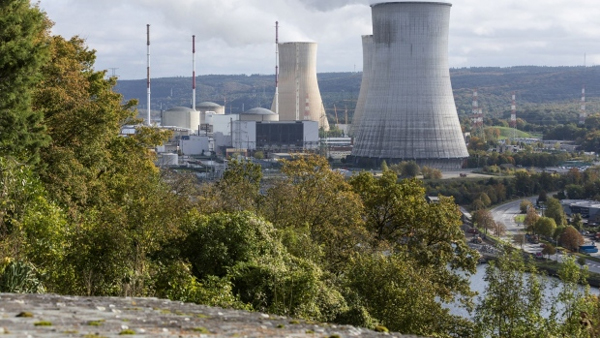
Europe generated almost a third of its electricity from nuclear fission, the highest proportion of any region. (Bloomberg)
John Ainger, Bloomberg News
BRUSSELS
EnergiesNet.com 04 21 2022
Belgium isn’t doing enough to curb its greenhouse gas emissions, a challenge highlighted by its plans to phase out nuclear energy, according to the International Energy Agency.
The country, home to many of the European Union’s major institutions, has made limited progress on reducing its reliance on fossil fuels, the IEA said in a report published on Wednesday. It called for Belgium to update its long-term plan to establish a clear commitment and path to climate neutrality by 2050.
“An unwavering focus will be needed to drive a sharper decline in emissions,” Fatih Birol, the IEA’s executive director, said in a statement. This needs to be done by “shifting the country’s energy system toward a broad portfolio of clean, secure and affordable sources of energy.”
The European Union last year unveiled its plan to become climate neutral by mid-century, part of its Green Deal, with a focus on more renewable energy sources. Russia’s invasion of Ukraine in February complicated those efforts, with countries now racing to find alternatives to Russian energy supplies.
Read More: Europe’s Plan to Replace Russian Gas Is Full of Obstacles
Belgium plans to phase out most of its nuclear energy by 2025, raising concerns about its power sector security and greenhouse gas emissions, the IEA said. Nuclear generally accounts for almost half of the country’s electricity generation. Less nuclear power is likely to lead to more gas-fired energy and emissions, it added.
The government said last month it is planning to extend the life of two reactors beyond their original shutdown date of 2025 amid high energy prices.
In 2020, fossil fuels accounted for 71% of Belgium’s energy supply, according to the IEA. While the country is scaling up renewables — it had the sixth-highest offshore wind capacity in the world last year — its emissions have declined only “marginally” in recent years. Belgium’s demand for fossil fuels could even increase by the end of the decade, the agency said.
Decarbonizing the heating sector will be a particular challenge, with the cost of warming homes using electricity around 50% higher than using natural gas or fuel oil, according to the IEA
bloomberg 04 20 2022












